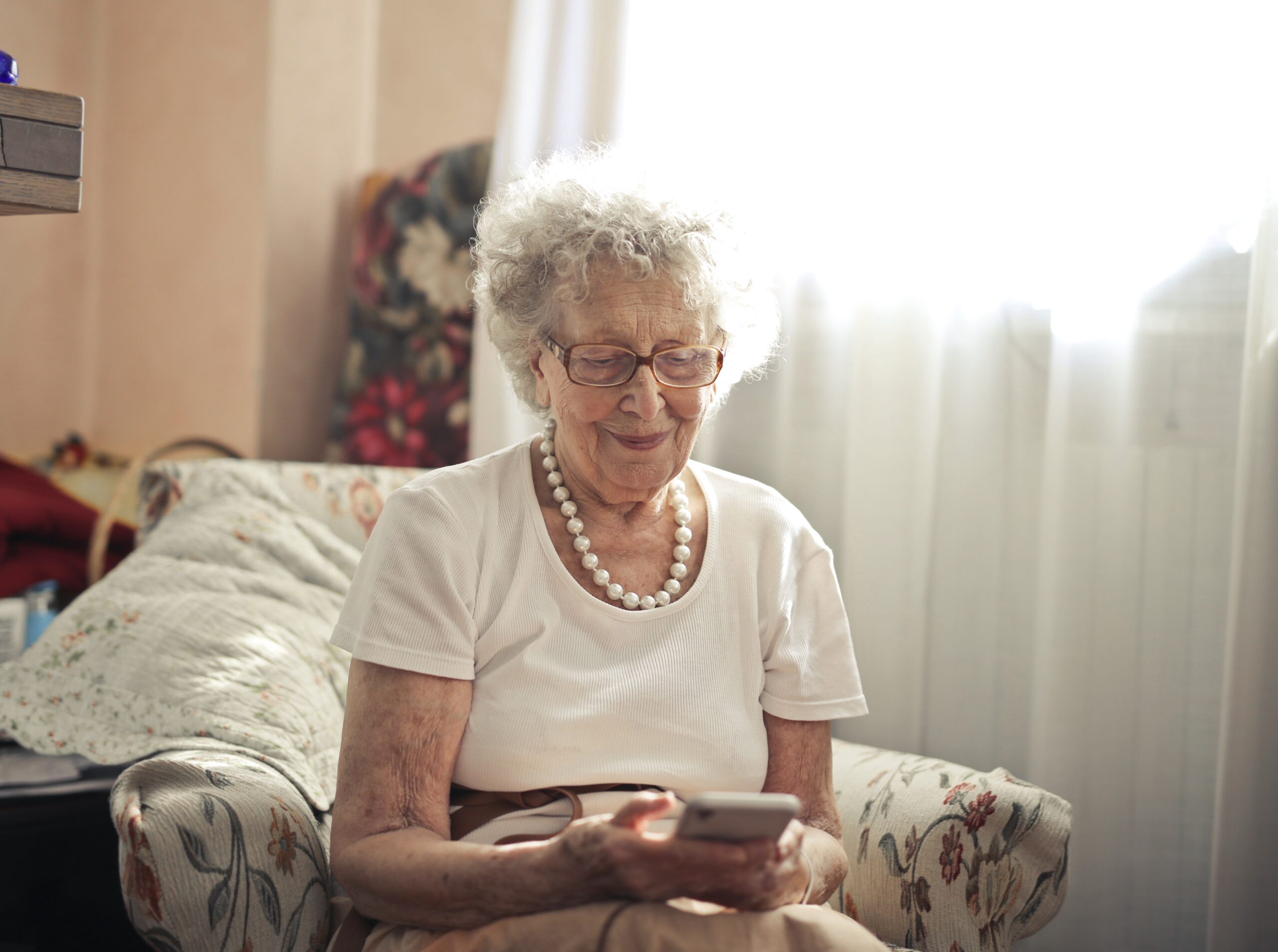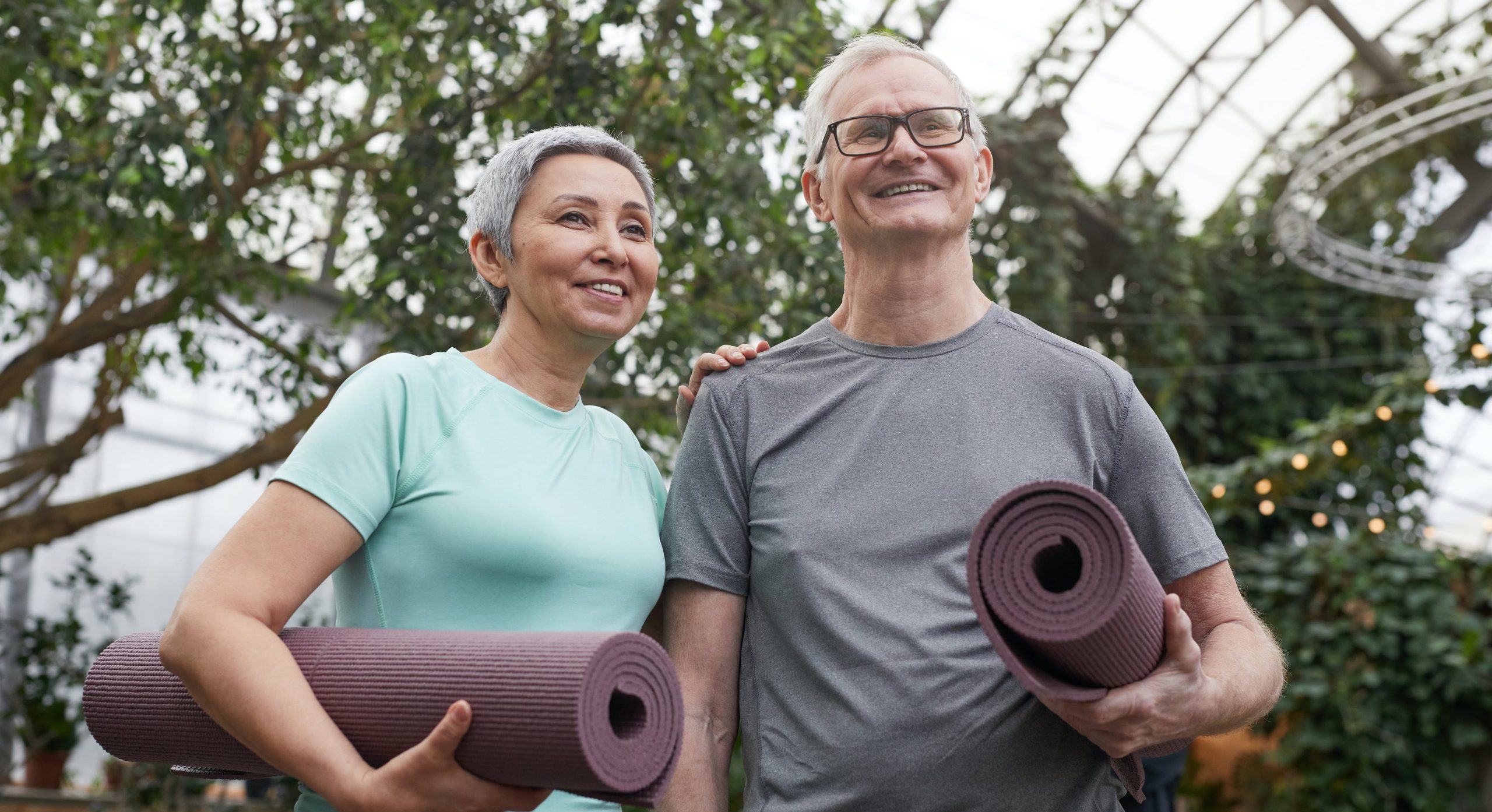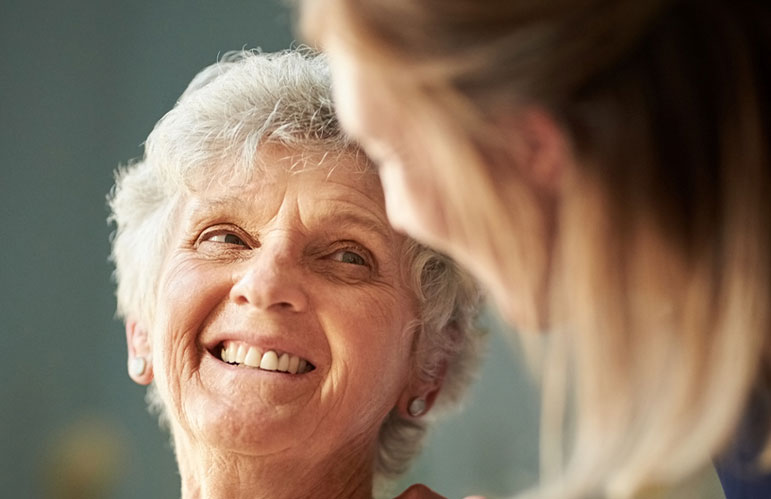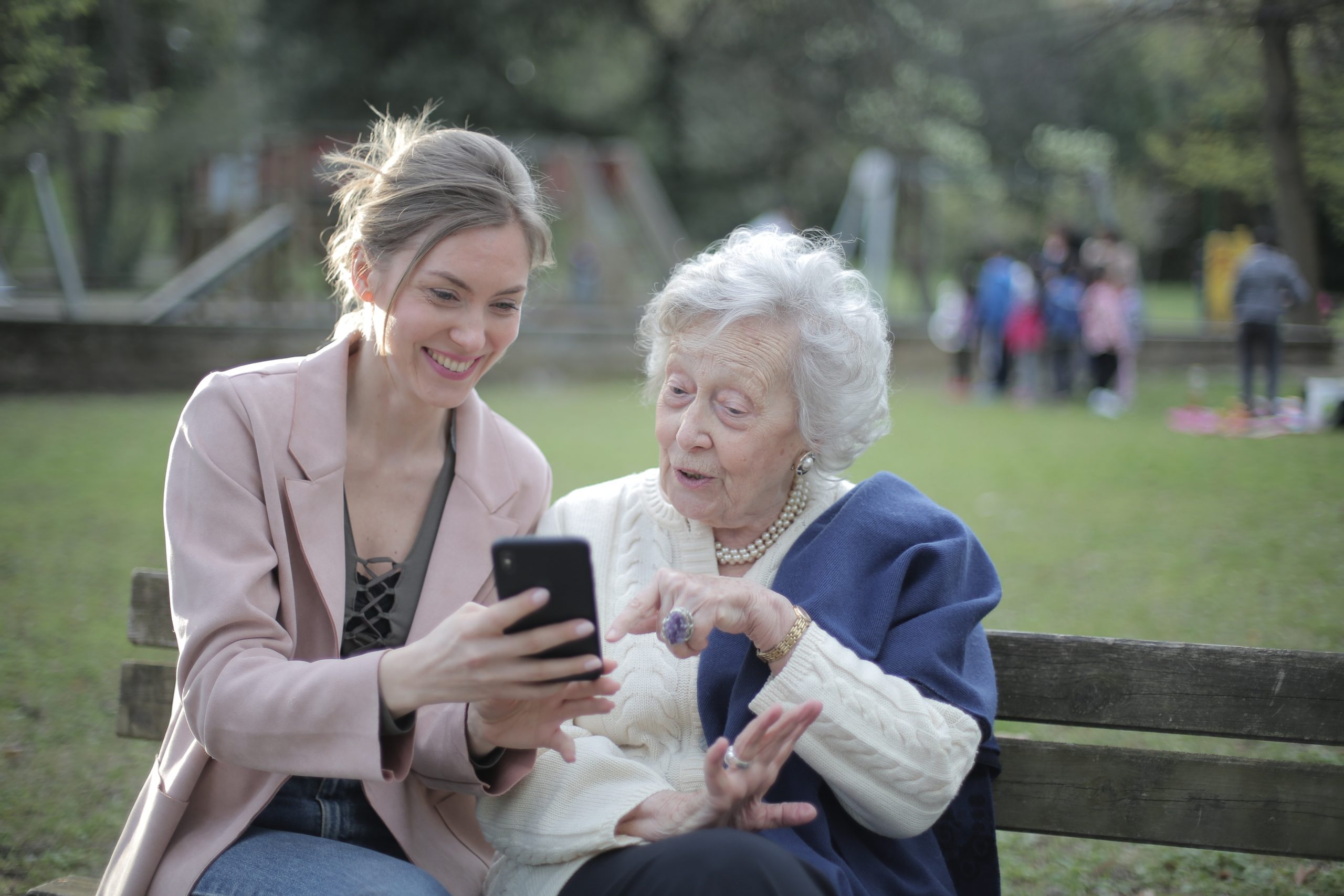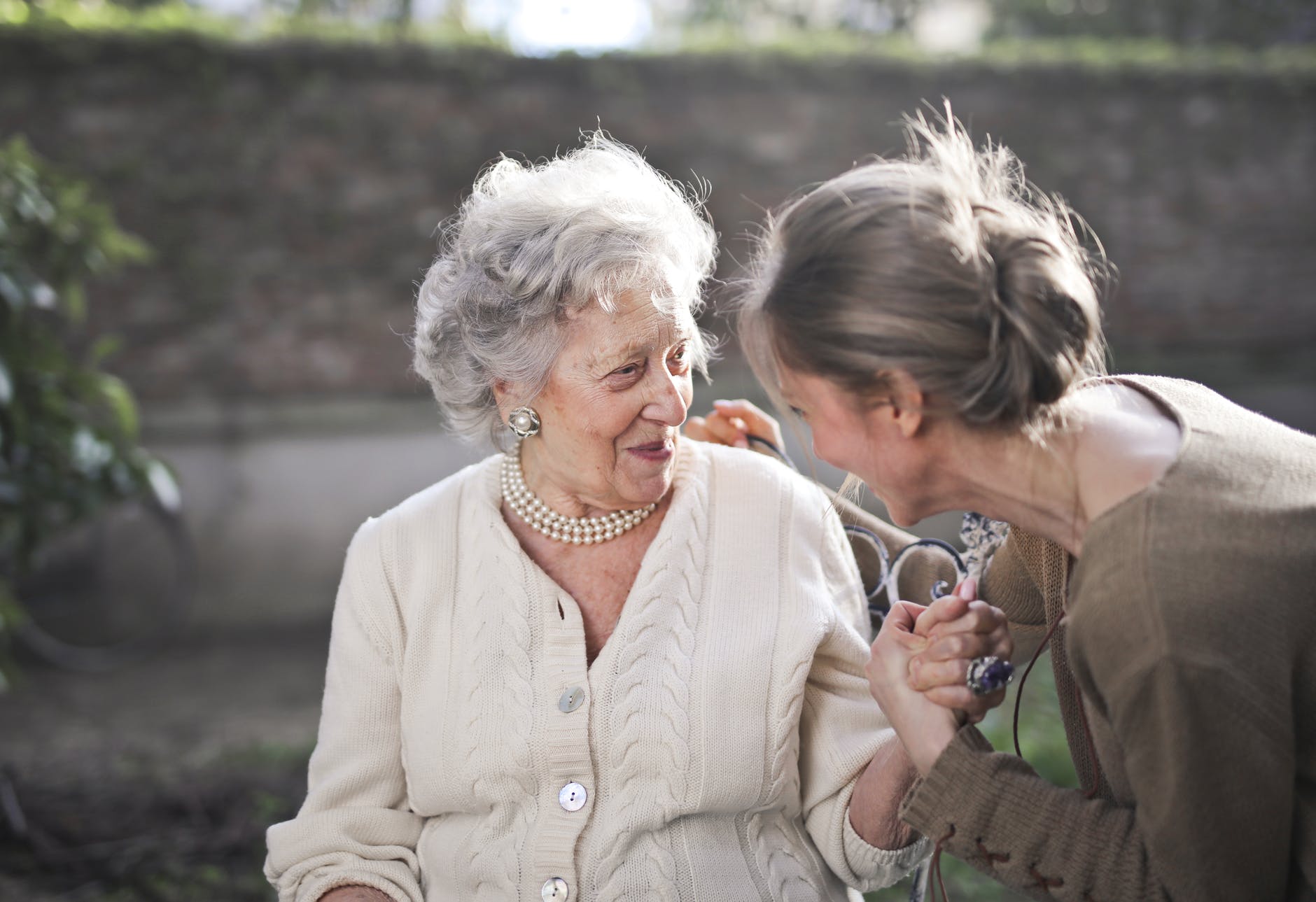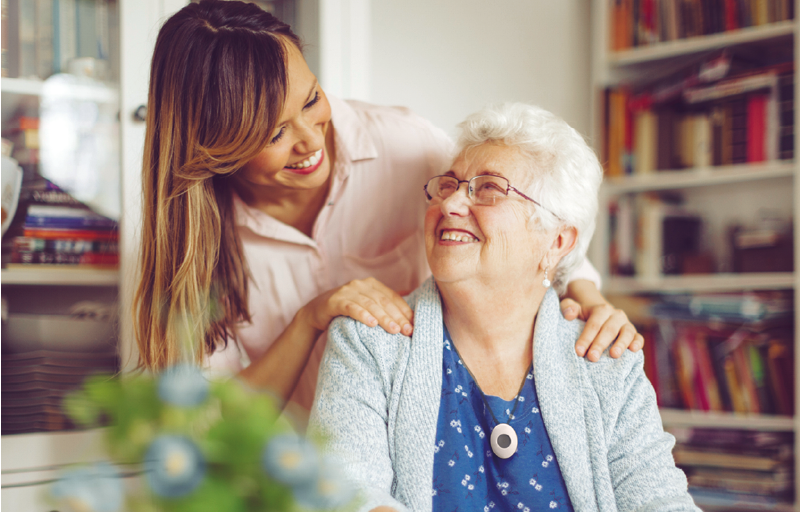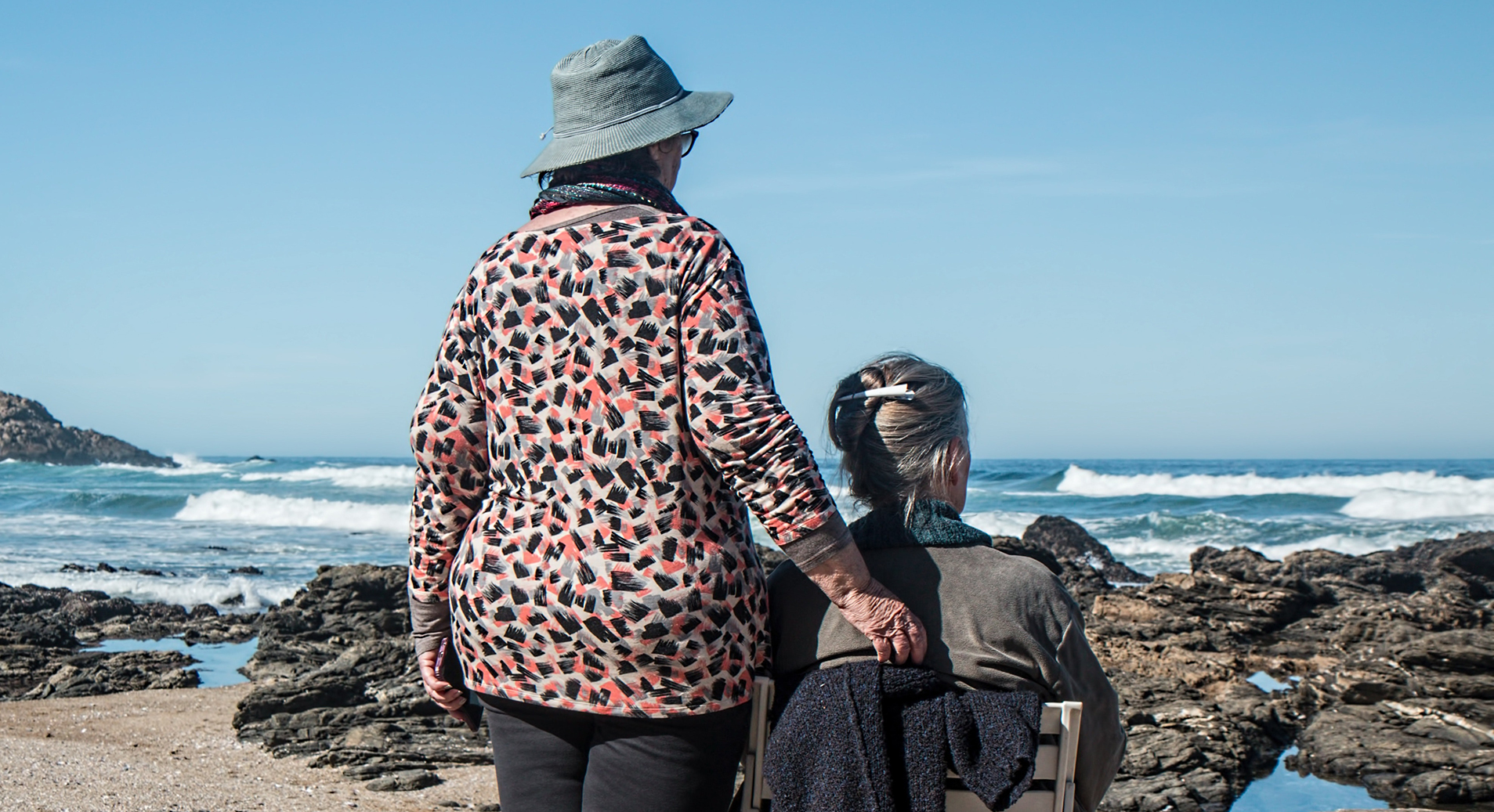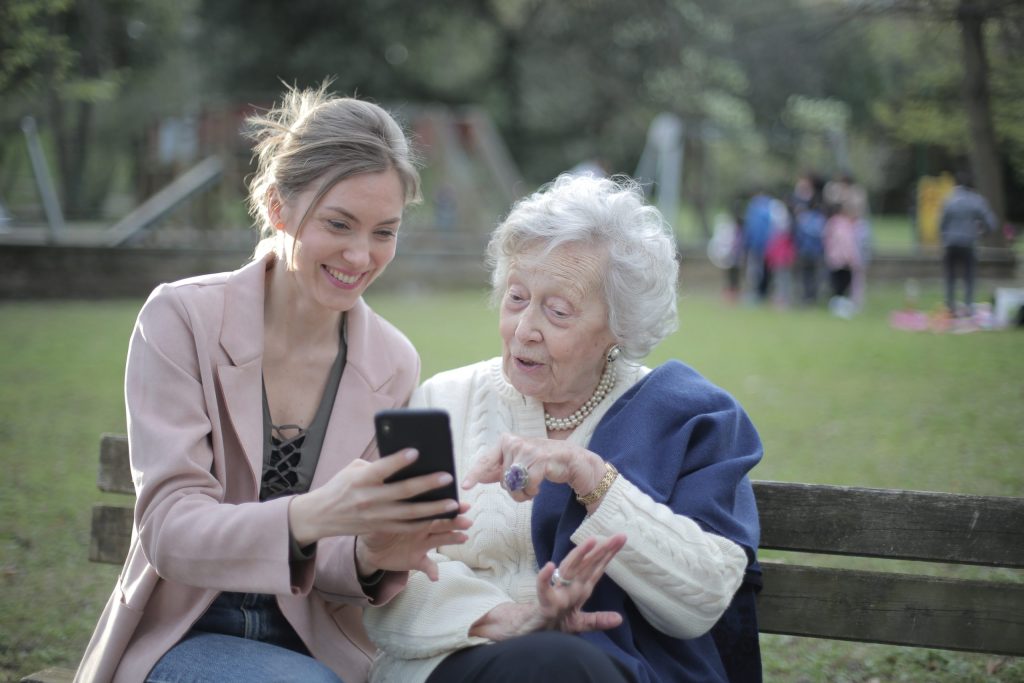Care homes can be an important part of later life. They can have a positive effect on the health of seniors and are known to dramatically improve loneliness and isolation. That being said, many elderly people still don’t like the idea of going into a care home as they believe it represents the end of independent living.
If you or a loved one needs additional support, there’s a good chance you’ll have already discussed the possibility of residential care. But are there alternatives to moving into a care home – from personal alarms and fall detection devices to moving in with relatives – depending on the level of care required.
Does your loved one need to move into a care home?
Moving into residential care is a big step. It affects the whole family – not just the person moving into care – and often comes with legal and financial obligations.
If you’re unsure about what your loved one needs, contact social services to ask for a needs assessment. Someone from the local authority will get in touch, usually a social worker, and ask your loved one questions about their day-to-day life. The results will identify what sort of support they need, so you can then make an informed decision about which care solution is right for your family.
What are the alternatives to moving into a care home?
Personal Alarms
Personal alarms are designed to keep elderly loved ones safe when they are on their own. If an older relative feels unwell, or they fall over and can’t get back up, they can press the panic button on their alarm to notify their emergency contacts.
Pendant alarms for the elderly come with a wide range of additional features, from fall detection to geolocation, and are usually waterproof so they can be used in the bath or shower, a high-risk area for falls.
If your elderly loved one is able to manage their personal care, including tasks like washing and using the bathroom and doesn’t need nursing care, then a personal alarm is a great alternative to residential care and can help them maintain their independence.
Knowing there’s an emergency button on hand and fall sensors installed can offer additional peace of mind. These features can prevent ‘long lies’, which can have negative consequences for your loved one’s health, as well as their confidence, not to mention the discomfort of being on the floor.
Home monitoring
Pendant alarms and wearable devices aren’t for everyone, which is where home monitoring can be a viable solution. Even though it can sound intrusive, it’s actually very discreet and doesn’t have to involve installing cameras in your home.
SECOM Smart Wellness uses a network of sophisticated motion sensors to track the activity in your loved one’s home, so you can start to build a picture of your loved ones patterns of behaviour or behavioural changes.
By building up a picture of your relative’s usual daily routines and behaviour patterns, the innovative homecare independent living system can detect when there’s something wrong. This might be not getting out of bed at their usual time, not opening the medicine cabinet or fridge, or leaving the front door open.
A notification is then sent to your smartphone so you can assess the situation and contact or check in on your loved one to see if they are ok.
One of the biggest advantages of home monitoring systems is they don’t require wearables. This means elderly people who are reluctant to use a personal alarm can enjoy the same peace and security that comes with wearing one, without feeling like they’ve compromised their independence.
Moving in with family
In many cases, the children of elderly parents don’t want their loved one to move into residential care any more than they do. As a result, some adult children who have enough space at home, as well as the time and energy to look after their elderly parents, choose to move them into their family home.
Deciding to invite an elderly relative into your home isn’t a decision that should be rushed. There are a number of things to consider, including space, privacy and if you can provide the ongoing support your mum or dad needs.
Before getting started, seek independent legal advice with your elderly parents and draw up a formal agreement setting out what will happen if the arrangement ends. It might sound like an uncomfortable conversation to have with family, but having a clear plan from the outset about what will happen if, say, you and your partner divorce or your elderly parent moves into a care home, will make everything much simpler for the whole family.
Consider the practicalities of your home too, as stairs and bath tubs without handrails can pose challenges for the elderly. Your house may require modifications, such as fitting a stair lift or having a wet room installed. Also, it’s vital to take your lifestyle into account and whether you’ll be available enough to support your loved one.
In some cases, a personal alarm or smart home monitoring solutions may be necessary for times you’re away from home. These systems can act as a safety net so you can retain your independence while also caring for an elderly relative at home.
In-home care
In-home care can be an effective way to maintain a certain level of independent living. Care provided in your loved one’s own home is typically arranged by your local authority or with a private service provider. It’s easily tailored to the needs of the user and can be modified at any time if their requirements change.
The level of care your elderly relative receives will depend on their preferences and what they are able to do on their own. For example, some older people only need one visit a week, while others require more frequent visits to help with domestic chores and personal care.
A key advantage of in-home care is it allows your older parent to stay in their home for longer and continue their normal routine. This has multiple physical and mental health benefits, such as maintaining continuity and improving sleep quality.
Again, combining this approach with a pendant alarm or a fall alarm could help to give you full peace of mind. Putting measures in place to cover all eventualities means you can rest assured you’ll be notified if there’s a problem with your relative. It can also lead to them being able to stay in their own home for much longer than without the added support.
If you’re looking for a personal alarm for an elderly relative, then CareTech by SECOM has a wide selection of options to suit you and your loved ones needs to keep them living at home for longer and maintain independent living.
